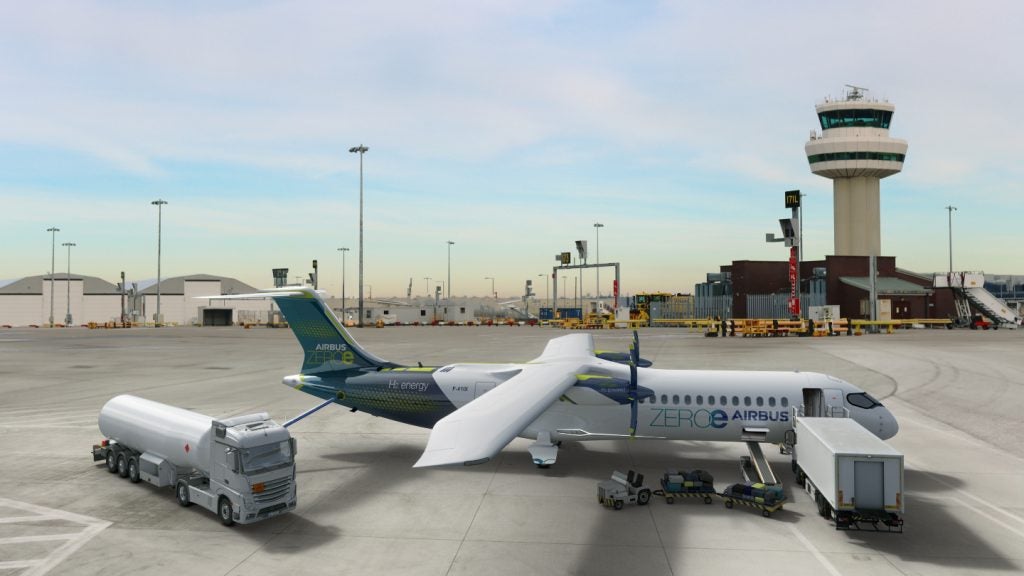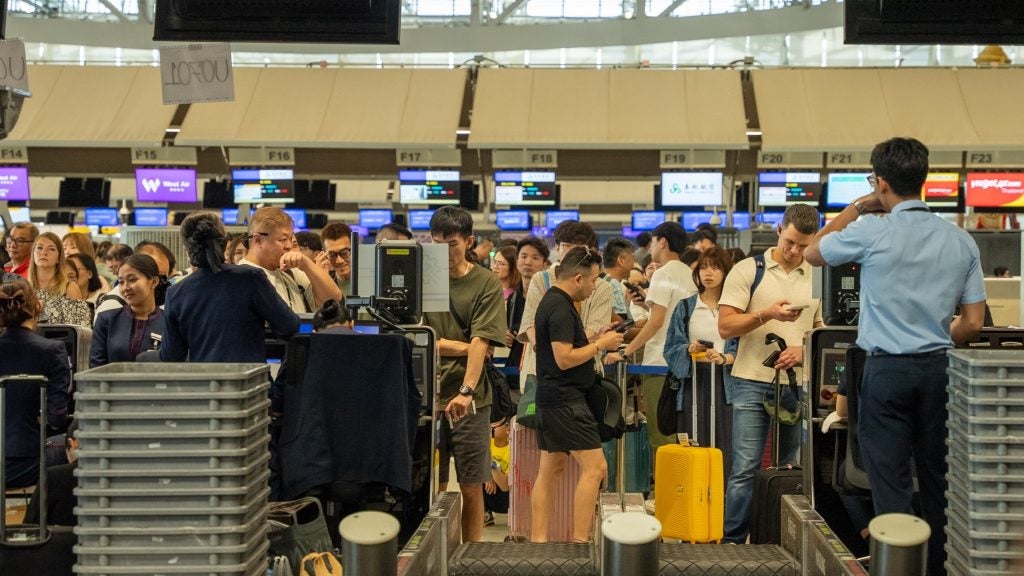Ryanair is increasing its capacity to above pre-pandemic levels and this trajectory shows that the low-cost carrier (LCC) market will emerge from the pandemic stronger than ever.
Prediction underlines the demand for budget options
According to a GlobalData Q3 2021 Global Consumer Survey, 58% of respondents said affordability was the main factor in deciding where to go on holiday. This sentiment is now being echoed across the travel industry as it ascends to recovery in 2022. Key players in the budget airline sector such as Wizz Air, easyJet, and Ryanair have all reported that summer capacity levels are higher than pre-Covid.
Rising fuel costs will push traditionally loyal passengers to LCCs
With the rising fuel costs, air fares are increasing to cover operational overheads. Whilst the LCC sector is as much affected by these as full-service carriers (FSCs), the typically young age of their aircraft means that many are still more fuel efficient, helping to reduce fuel expenses. The LCC business model is also designed to reduce other operational overheads, meaning that fares can stay relatively low despite the current climate. Nevertheless, it is important to note passengers should expect to see fare increases across all airlines over the next 12 to 24 months. However, operationally, the LCC sector is better equipped to deal with the current crisis.
This will force the hand of many travellers who may traditionally prefer to stay loyal to flag carriers. Rising living costs and increased airfares will undoubtedly lead these passengers to book with low-cost airlines. This is likely to impact multiple sectors, especially business travel, where corporate travel budgets have already been squeezed. In an April 2021 GlobalData poll, 43.2% of respondents expected their business to reduce their corporate travel budgets significantly. Fast-forward to May 2022, this is unlikely to change given the current economic climate many businesses are facing.
The FSC sector will respond with enhanced loyalty programs
With the inevitable increase in airfares, the FSC sector will be forced to find creative ways to enhance its product. In recent years, there have been elements of the FSC product which have become indistinguishable from LCC products. This is particularly the case in short-haul economy class, where fares have been unbundled to provide customers more choice such as baggage, meals, and seat selection.
See Also:
However, other elements of the traveller experience could change, with the FSCs needing to separate themselves from the LCC market by creating a unique customer experience. In response, FSCs will create enhanced loyalty programs in a bid to keep hold of their core market, especially in the corporate travel sector. This is especially relevant in today’s world, with significant advances in big data, AI, and machine learning allowing businesses to gain more substantial insight into their customer base. FSCs will utilise this to create more personalised frequent flyer programs to help maintain their recovery.
How well do you really know your competitors?
Access the most comprehensive Company Profiles on the market, powered by GlobalData. Save hours of research. Gain competitive edge.

Thank you!
Your download email will arrive shortly
Not ready to buy yet? Download a free sample
We are confident about the unique quality of our Company Profiles. However, we want you to make the most beneficial decision for your business, so we offer a free sample that you can download by submitting the below form
By GlobalDataNevertheless, the current market sentiment says that cost is by far the most important motivator for travellers. Therefore, LCCs are likely to come out of the pandemic stronger than other airlines.










Related Company Profiles
Ryanair Holdings Plc
easyJet Plc
Wizz Air Holdings Plc